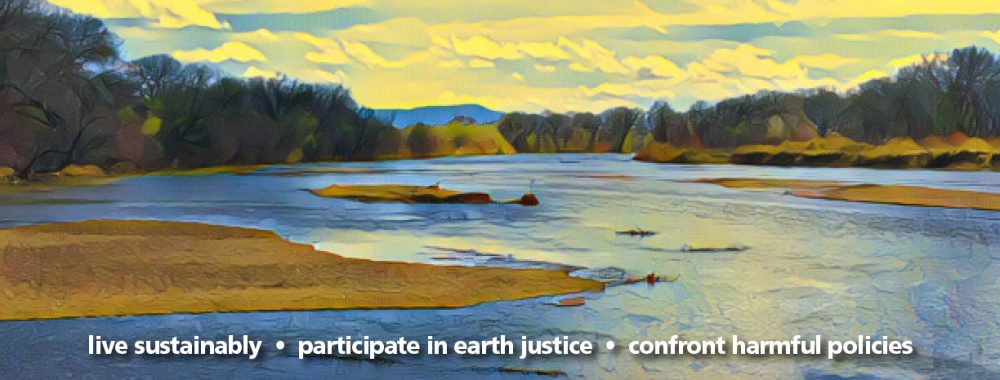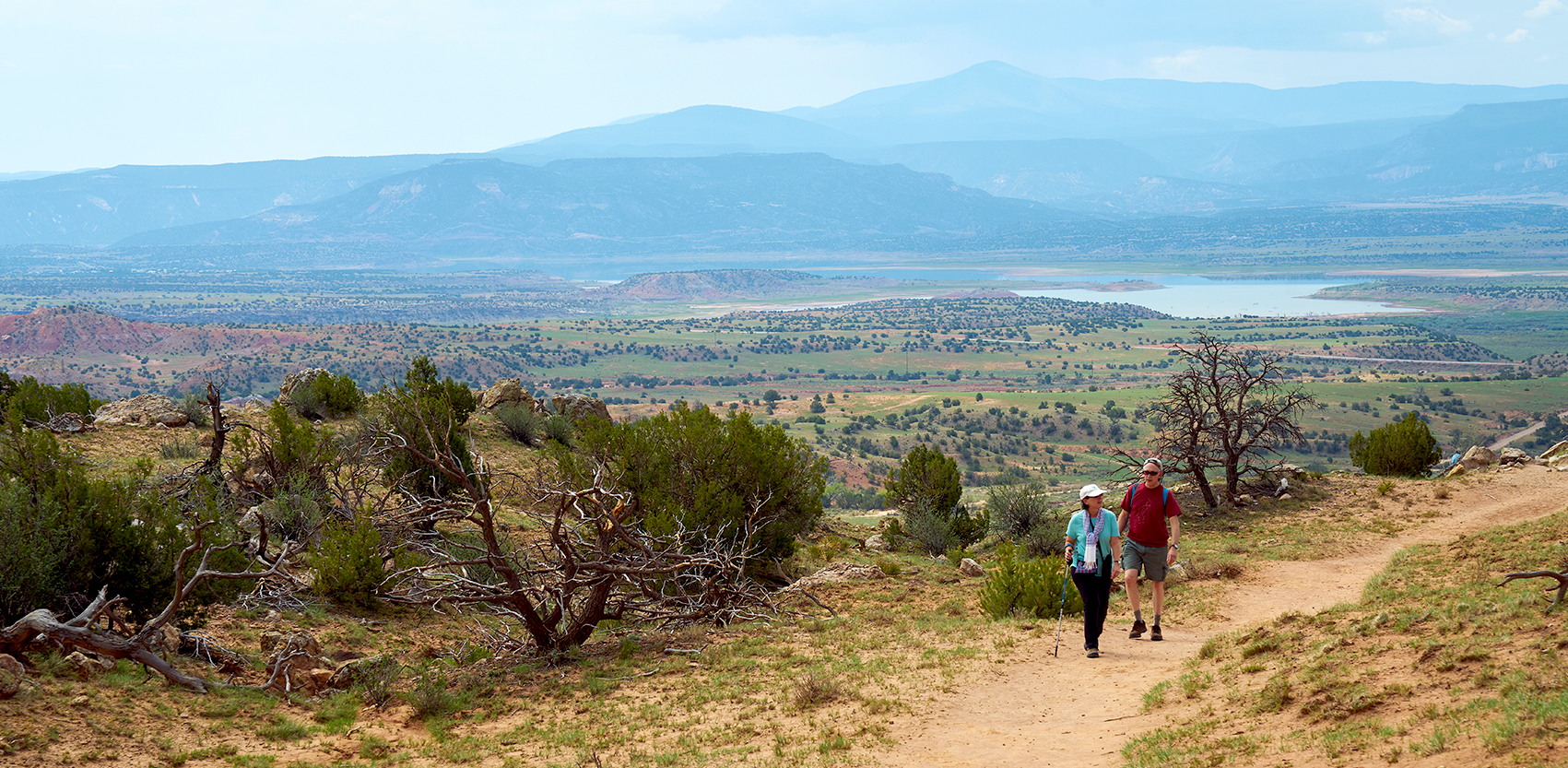Poop is one of the most taboo subjects in human parlance. The prevailing wisdom is that it is dirty and needs to leave your life as soon as possible before it makes you sick and endangers everything around you.
I beg to differ: I see poop as a resource. Yes, it needs some careful management, but can save water and other key while resources providing nourishment for our surrounding environments.
Here in Albuquerque, I have several options for purchasing poop for home yard fertilization. In the city, we flush our poop to the Wastewater Treatment Facility on 2nd Street SW for multistage cleansing before it’s released back into the Rio Grande. The extracted biosolids are added to other organic waste, composted, and then sold by the city. I can also buy steer manure, such as Earthgro products that come from Pennsylvania. Or I can take a borrowed pickup to a local horse stable to scoop up some free nitrogen. I consider these options a step better than buying chemical fertilizers. I’m wary of what antibiotics those steers have been fed, and I’d rather not risk adding de-wormer and herbicides to my garden. I’d like to do bette
What if I could “close the loop” and recycle my own drug-free poop onsite? I could donate my excrement to the compost bin, where beneficial microbes could feast on it for a couple years and leave behind gorgeous, sweet-smelling food for trees and shrubs. In fact I’ve been doing this for the past ten years with the help of Joseph Jenkins’ Humanure Handbook.
This is actually not a new idea. It’s been practiced in traditional Japanese farming (see Masanobu Fukuoka’s The One-Straw Revolution) and promoted by nonprofits who build latrines for communities that are short on water and wastewater infrastructure. You can buy thousand-dollar “composting toilets” for installation in your house, but my research indicates that they simply dry the material that then needs to be composted for use.
So here’s a simple DIY solution: a five-gallon bucket topped with a toilet seat, coupled with a side bucket of toilet paper and sawdust to sprinkle on the deposits. I keep the setup in a little enclosure outside my house where I can see the moon phases, constellations, and rising dawn. And really, it has little odor. When full, the bucket dumps into the compost bin to digest and transform. (I have a separate bin for plant matter that will end up on annual food crops!)
Ok, so this isn’t for everyone. But if you’d like to experiment, feel free to delve into the Handbook. This is a spiritual exercise in integrating your shadow side that prefers to remain hidden and unconscious.

